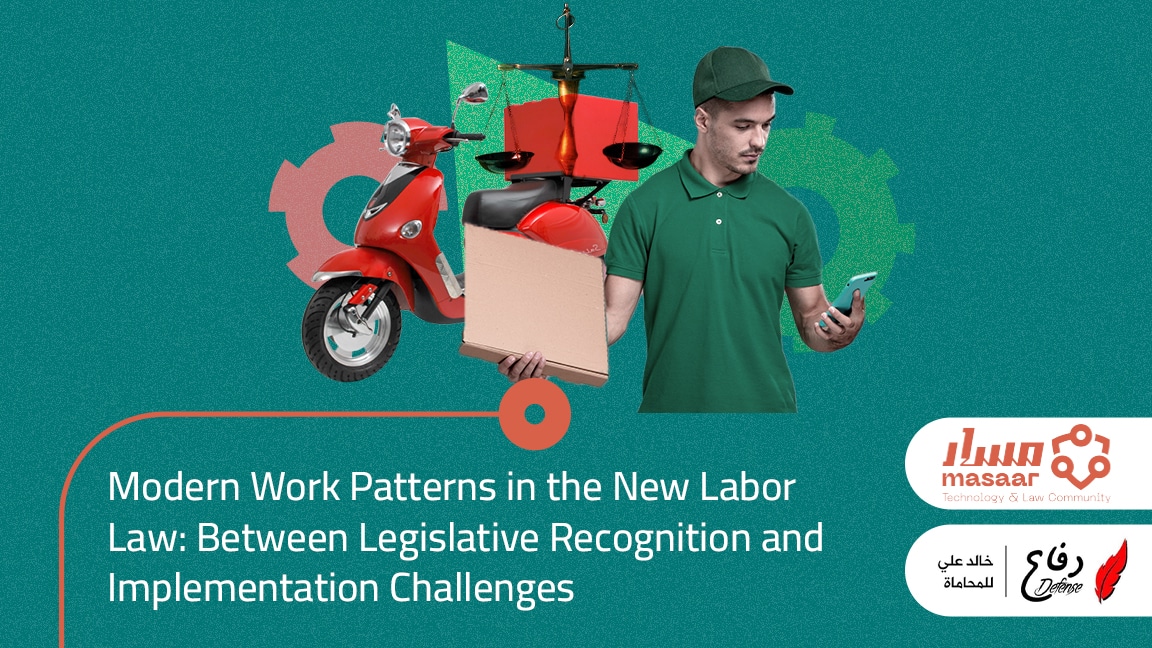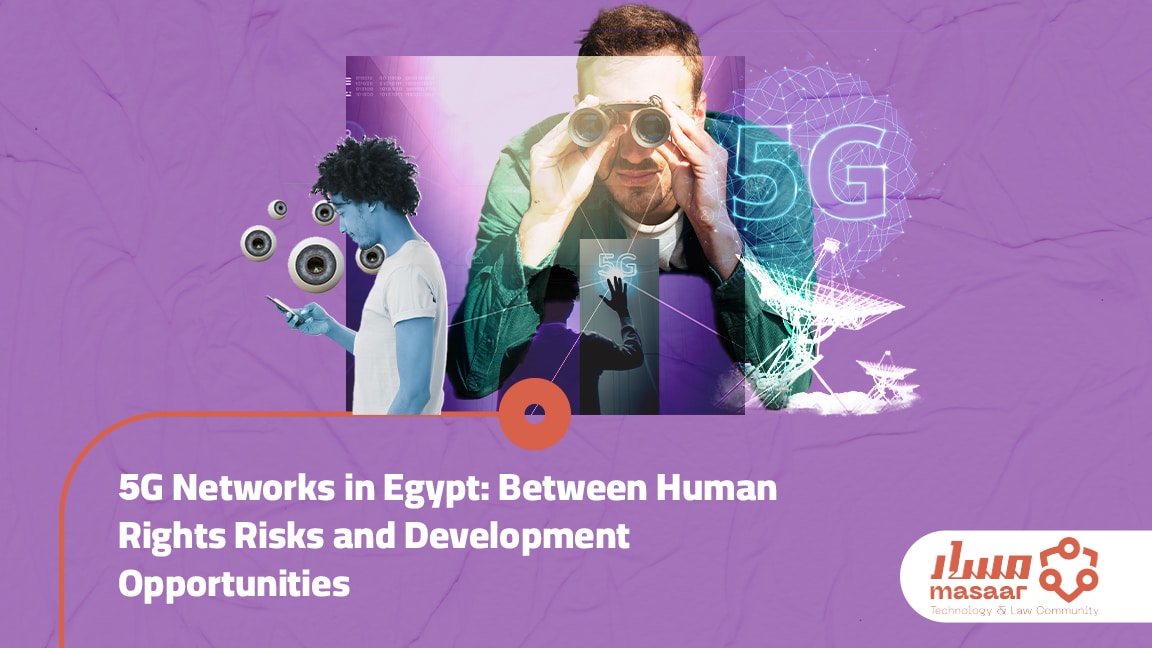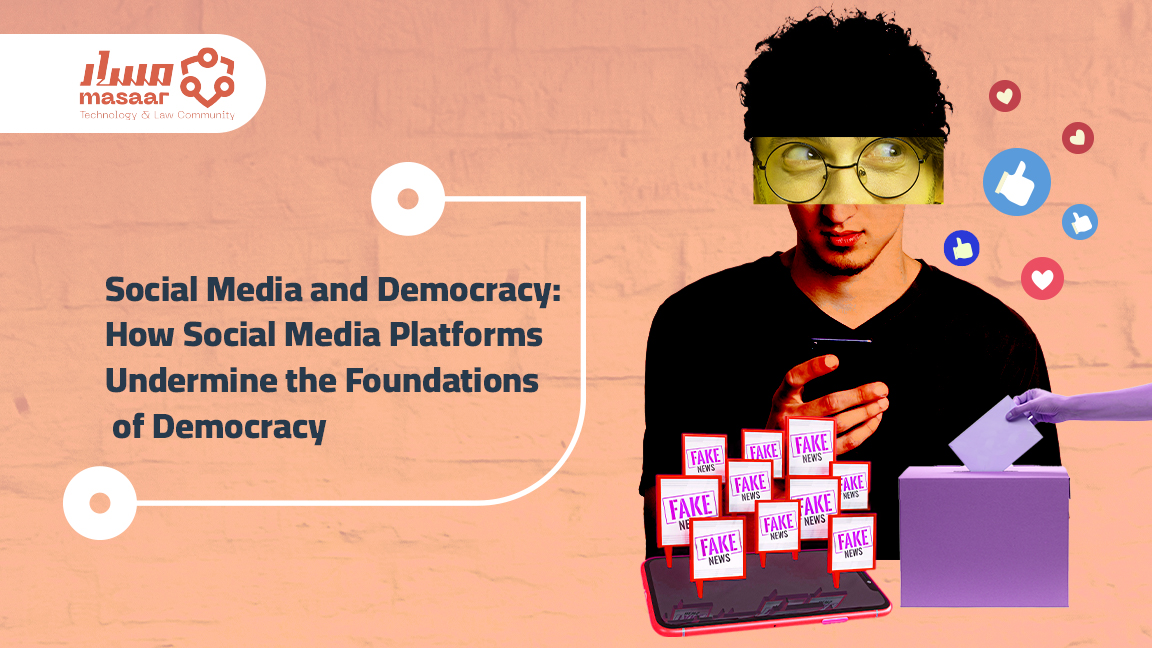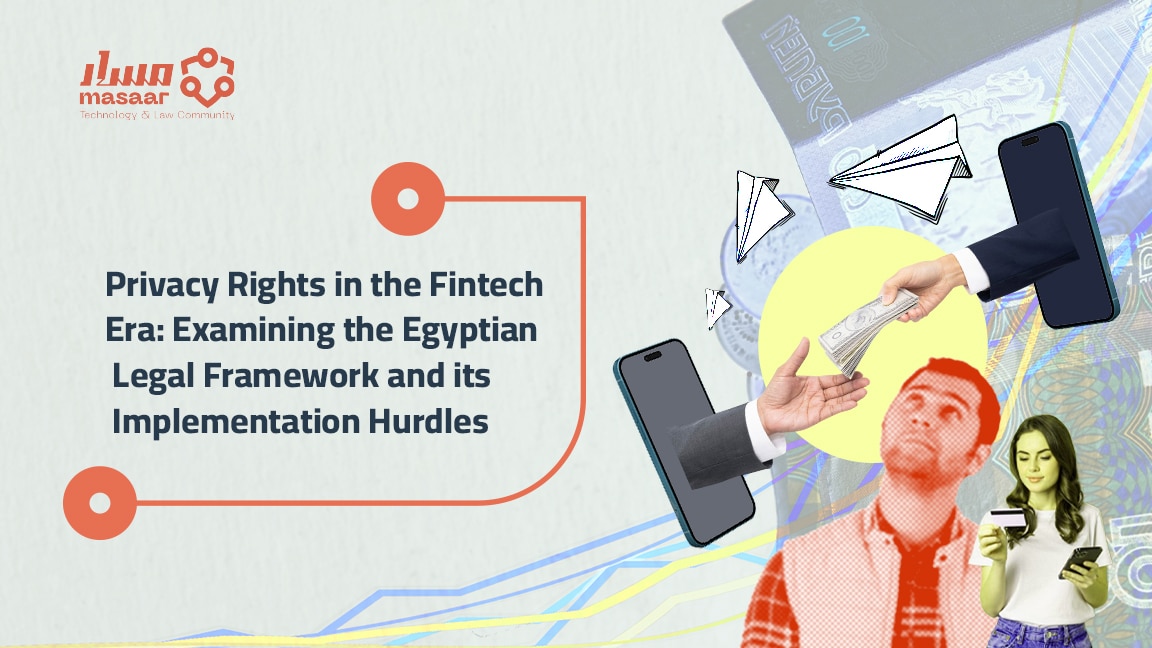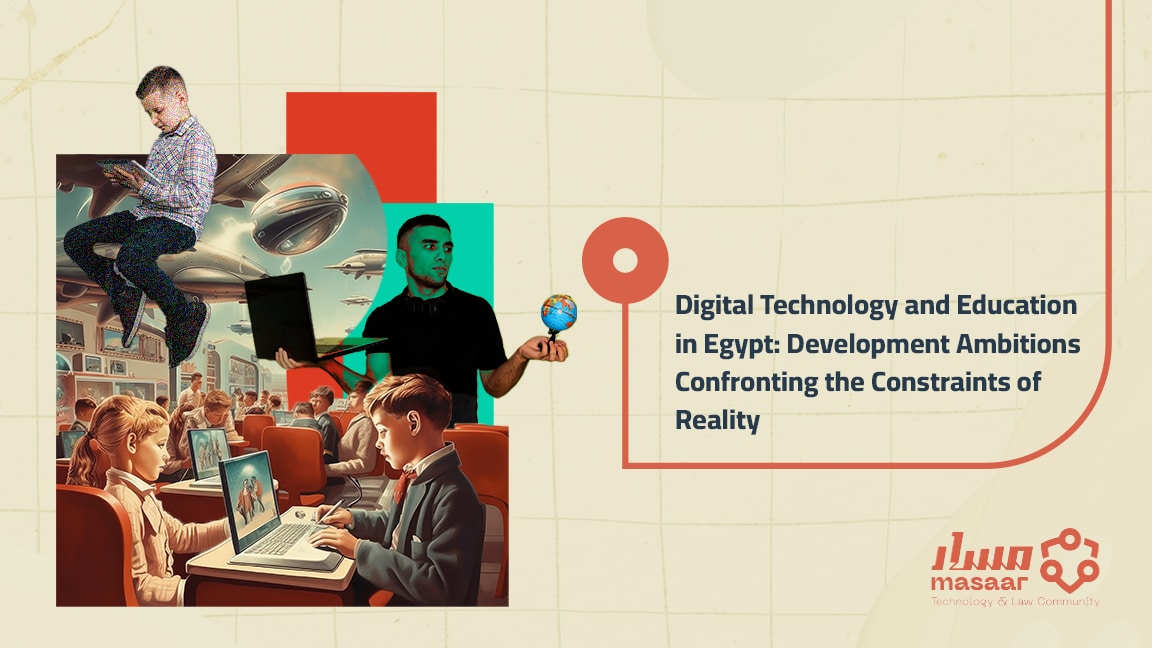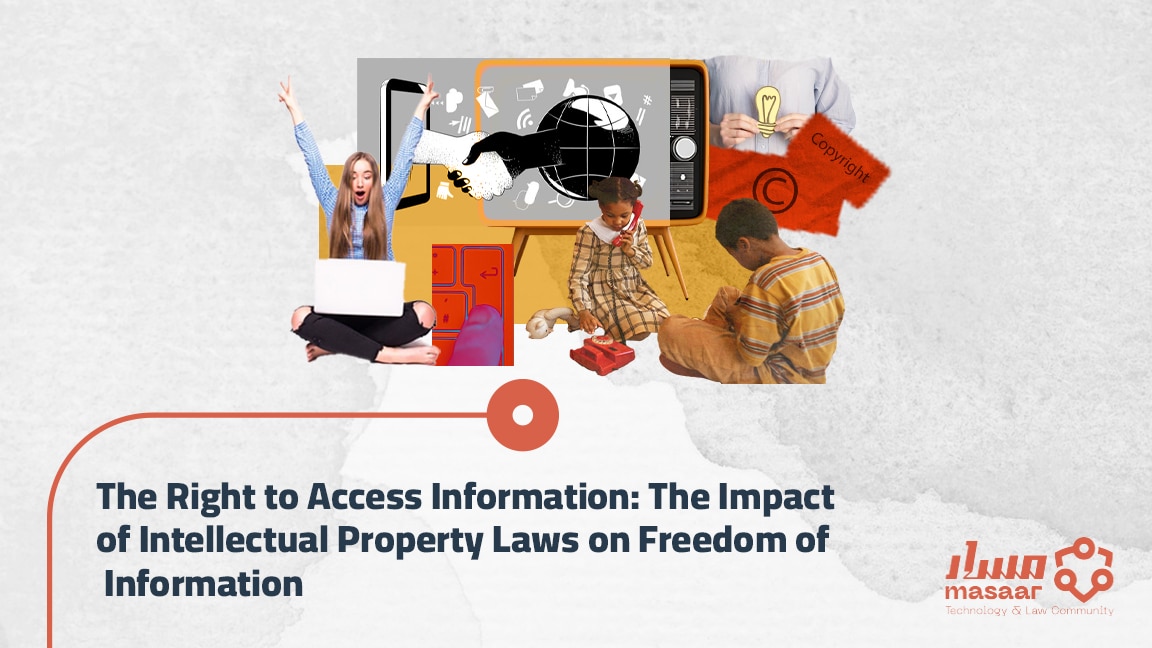Human Rights and Business
Modern Work Patterns in the New Labor Law: Between Legislative Recognition and Implementation Challenges
This paper provides a critical analysis of how platform workers are positioned within the new Labor Law, highlighting shortcomings that may leave them vulnerable. It also presents practical proposals to bridge these gaps, ensuring the protection of workers’ fundamental rights in the context of an accelerating digital economy.
IPv6 and Digital Rights in Egypt: Towards a More Efficient, Free, and Inclusive Internet
This paper discusses Egypt’s announcement of its strategy to adopt IPv6 and the implications of this move for digital rights. It analyzes the country’s digital infrastructure and legislative environment, assessing its readiness for the protocol’s adoption, as well as the opportunities and challenges that accompany it.
5G Networks in Egypt: Between Human Rights Risks and Development Opportunities
This paper discusses the introduction of 5G networks in Egypt and their implications for citizens’ daily lives and fundamental rights. It also examines the 5G rollout roadmap in Egypt, identifying key stakeholders (governmental, private, and international).
Social Media and Democracy: How Social Media Platforms Undermine the Foundations of Democracy
This paper addresses phenomena fostered by social media platforms that hinder healthy democratic life and potentially pose an existential threat to it. It also explores future possibilities for a radical change in the application of the social media concept within a digital world, where negative phenomena arising from current applications can be confronted and overcome.
Privacy Rights in the Fintech Era: Examining the Egyptian Legal Framework and its Implementation Hurdles
This paper provides an overview of Egypt’s fintech sector, examining its recent evolution, prevailing trends, and future growth prospects, alongside the obstacles and challenges impeding this growth. The paper also discusses concerns about privacy violations stemming from legislative shortcomings.
Digital Technology and Education in Egypt: Development Ambitions Confronting the Constraints of Reality
This paper examines how digital technology can help both repair and advance Egypt’s education system. It highlights the opportunities technology offers for improving education quality and the main challenges that hinder its effective use in education reform and development.
Digital Marketing and User Rights: How Do Algorithms Influence Our Decisions?
This paper discusses the impact of digital advertising and online marketing algorithms on the digital rights of internet users, with a focus on freedom of choice, consumer rights, and the right to privacy.
Echo Chambers and Recommendation Algorithms: Who Decides What We See Online?
This paper seeks to explore the phenomenon of echo chambers and their negative impact on social media users’ exercise of their digital rights. The paper defines echo chambers, explains how they form, and discusses the impact of echo chambers on the right to freedom of expression, privacy, and access to information.
The Right to Access Information: The Impact of Intellectual Property Laws on Freedom of Information
This paper examines the shortcomings of traditional intellectual property laws in balancing creators’ rights with the right to access information, particularly in the context of technological advancements.

